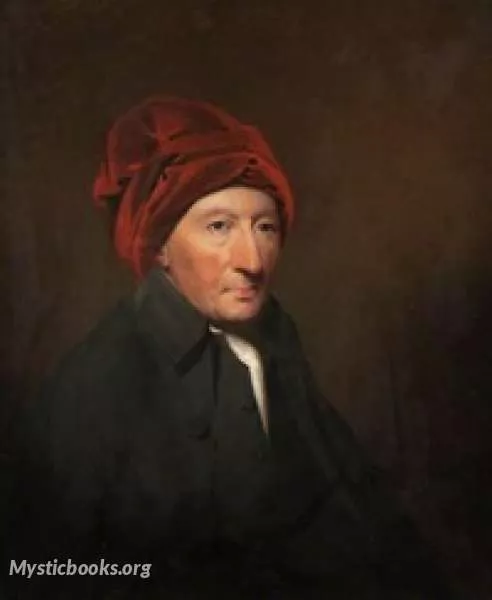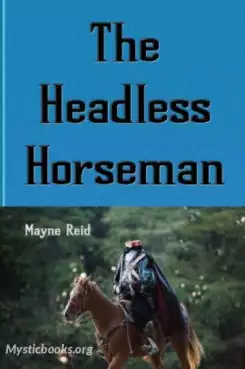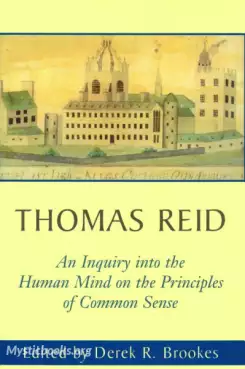
Timeline
Title
Country/Nationality
Thomas Reid
Reid believed that common sense is, or at least should be, at the foundation of all philosophical inquiry. He disagreed with Hume, who asserted that we can never know what an external world consists of as our knowledge is limited to the ideas in the mind, and George Berkeley, who asserted that the external world is merely ideas in the mind. By contrast, Reid claimed that the foundations upon which our sensus communis are built justify our belief that there is an external world.
In his day and for some years into the 19th century, he was regarded as more important than Hume He advocated direct realism, or common-sense realism, and argued strongly against the Theory of Ideas advocated by John Locke, René Descartes, and (in varying forms) nearly all Early Modern philosophers who came after them. He had a great admiration for Hume and had a mutual friend send Hume an early manuscript of Reid's Inquiry. Hume responded that the work "is wrote in a lively entertaining manner," although he found "there seems to be some Defect in Method", and he criticized Reid's doctrine for implying the presence of innate ideas.
Thomas Reid was a religiously trained Scottish philosopher. He was the founder of the Scottish School of Common Sense and played an integral role in the Scottish Enlightenment. In 1783 he was a joint founder of the Royal Society of Edinburgh. A contemporary of David Hume, Reid was also "Hume's earliest and fiercest critic".
Reid was born in the manse at Strachan, Aberdeenshire, on 26 April 1710 O.S., the son of Lewis Reid (1676–1762) and his wife Margaret Gregory, first cousin to James Gregory. He was educated at Kincardine Parish School then the O'Neil Grammar School in Kincardine.
He went to the University of Aberdeen in 1723 and graduated MA in 1726. He was licensed to preach by the Church of Scotland in 1731, when he came of age. He began his career as a minister of the Church of Scotland but ceased to be a minister when he was given a professorship at King's College, Aberdeen, in 1752. He obtained his doctorate and wrote An Inquiry Into the Human Mind on the Principles of Common Sense (published in 1764). He and his colleagues founded the 'Aberdeen Philosophical Society' which was popularly known as the 'Wise Club' (a literary-philosophical association). Shortly after the publication of his first book, he was given the prestigious Professorship of Moral Philosophy at the University of Glasgow when he was called to replace Adam Smith. He resigned from this position in 1781, after which he prepared his university lectures for publication in two books: Essays on the Intellectual Powers of Man (1785) and Essays on the Active Powers of the Human Mind (1788).
In 1740 Thomas Reid married his cousin Elizabeth, daughter of the London physician George Reid. His wife and "numerous" children predeceased him, except for a daughter who married Patrick Carmichael. Reid died of palsy, in Glasgow. He was buried at Blackfriars Church in the grounds of Glasgow College and when the university moved to Gilmorehill in the west of Glasgow, his tombstone was inserted in the main building.
Books by Thomas Reid

The Headless Horseman: A Strange Tale of Texas
The Headless Horseman is a novel by Mayne Reid, first published in monthly serialized form during 1865 and 1866, and subsequently published as a book in 1866, based on the author's adventures in the United States. "The Headless Horseman" or "A Strang...

An Inquiry into the Human Mind on the Principles of Common Sense
"That excellent book by Thomas Reid, the Inquiry into the Human Mind (first edition, 1764; 6th edition, 1810), as a negative proof of the Kantian truths, affords us a very thorough conviction of the inadequacy of the senses to produce the objective p...